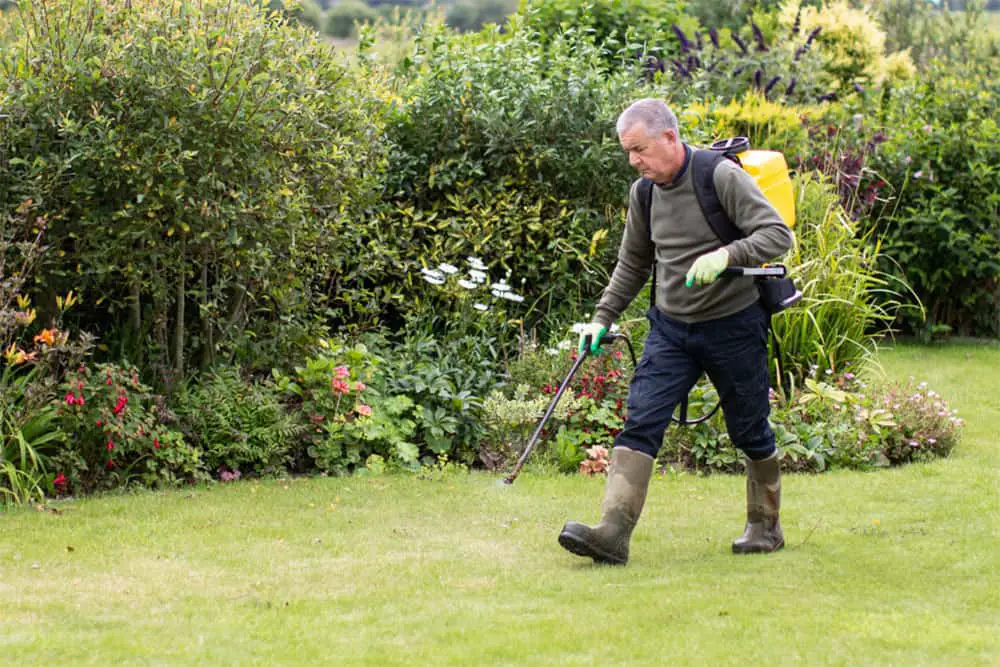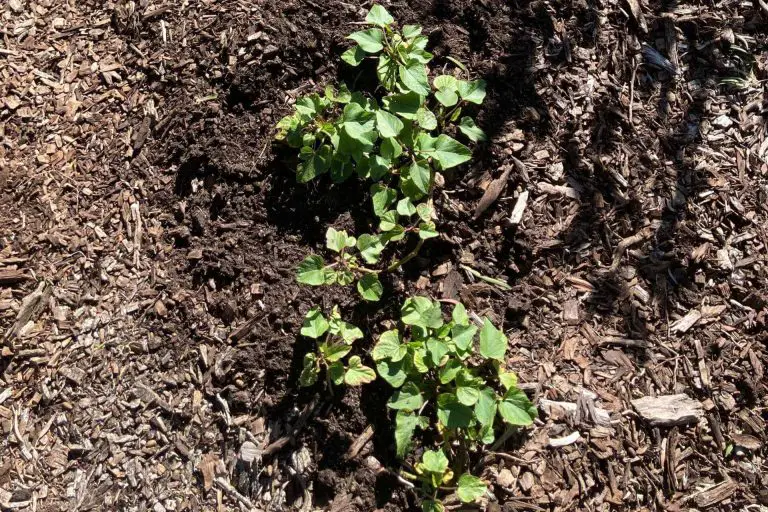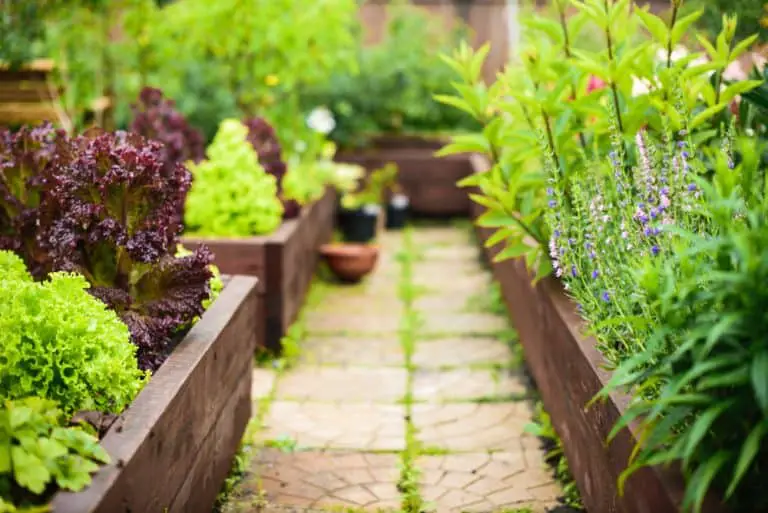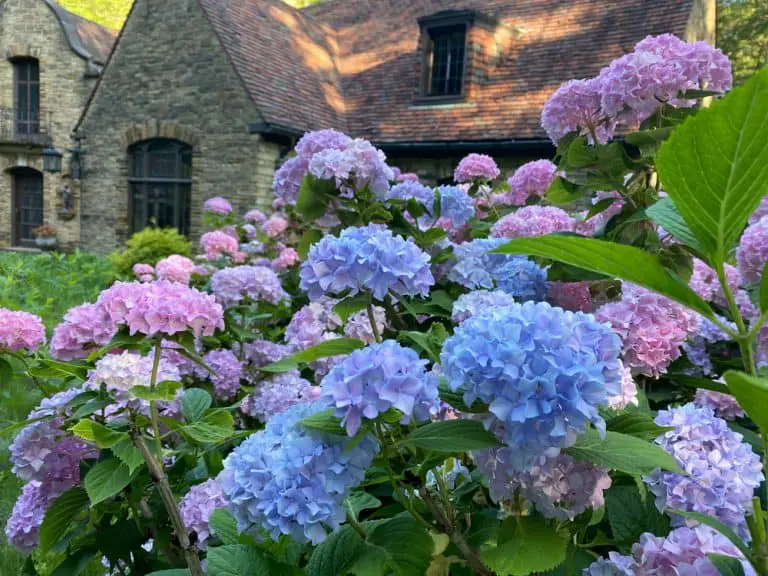Best Time To Spray Weed Killer [2022 Guide]
Are you wondering the Best Time To Spray Weed Killer? Here is a quick and easy guide so you can get rid of weeds once and for all!
Weeds are the bane of every gardener’s existence. These fast-growing ugly nuisances can wreak havoc on your carefully tended garden if left unchecked.
Weeds can absorb massive quantities of nutrients, like potassium, which keeps these vital nutrients from reaching the plants you want. Weeds can sometimes be difficult to see, and even more difficult to find the roots of.
Weed killer, for the most part, does excellent work in keeping these parasites at bay, but they can still occasionally prove ineffective. Sometimes weed killers operate best at specific times of the year and specific times of the day.
This only serves to make weeds that little bit more annoying.
So what is the best time to spray your weed killer? How can you make the most effective use of it? Fret no longer, as we are here to go through some of the best advice out there regarding these issues, and even more! Read on to find out how to exterminate those pesky weeds once and for all!
What Is The Best Time Of Day To Spray Weed Killer?
The answer to this question can vary fairly wildly, depending on the weather conditions in your area.
If you live in an area with frequently warm conditions, or you are currently in the middle of Summer, then you should make sure to use your weed killers either in the early morning or the late afternoon.
Applying weed killer in the middle of the day can prove ineffective as this time of day is usually when the weather is at its warmest. Your weed killer, which is most likely liquid-based, might dry out very quickly before it can even start to attack the weeds themselves.
If you are instead based in an area with colder weather conditions or you are currently in winter then the best times to apply weed killer are usually closer to the middle of the day.
You will want to spray your weed killer in the late morning, throughout midday, and in the afternoon, at the very latest.
This is because plants grow best during the winter in the period in which the sun is rising. As well as this, dew that collects on leaves and weeds can cause weed killers to run off, which will lead to a lot of wasted weed killer.
Note- If you are looking for the best weed killer, this one has the highest number of positive reviews.

Alternatively, if you are looking for an all natural weed killer, this is a pretty good option to keep your garden and the environment happy 🙂

What Is The Best Time Of Year To Spray Weed Killer?
Generally, you want to spray weeds with weed killer when they are in a vulnerable state. This is best achieved by spraying them in both spring and early fall.
During spring, weeds are generally going through a state of growth, and many new and fresh weeds may begin growing at this time. Older and more established weeds are harder to kill with herbicides, so it is best to target them when they are young and fresh, or when they are in a state of growth.
During early fall, weeds are preparing for the coming winter. At this time they are incredibly vulnerable and much easier to kill. Spring and fall have a strong balance of weather conditions, not too hot, and not too cold, which makes them perfect for spraying weed killers.
What Is The Best Time To Spray A Pre-Emergence Weed Killer?
Pre-emergence weed killers operate by targeting problem spots within your garden where weeds are known to grow. If you are using such a weed killer, then there are specific times you should aim to use it.
You should make sure to use this weed killer before the plants can grow, or after you have freshly plucked them.

Pre-emergence weed killers should generally be sprayed around early springtime, as this is when weeds usually begin to germinate and start popping up all over your garden. Male sure you know the areas where weeds particularly like to grow in your garden, so you can target them effectively.
Once you have sprayed your weed killer, you should make sure to respray problem areas frequently, to ensure that weeds do not reoccur. You should aim to spray again no later than eight weeks after your first spray.
What Is The Best Time To Spray A Post-Emergence Weed Killer?
Post-emergence weed killers are formulated to attack existing weeds, without you needing to pull them up from their roots. These weed killers attach to the plants and get absorbed into their tissue, killing them from the inside.
This is a quick and efficient way to get rid of particularly troublesome existing weeds.
However, not all post-emergence weed killers can discern between weeds and other plants. You should make sure to be careful when spraying this weed killer, to ensure that you do not accidentally spray any desired or cherished plants.
Thus, you should generally aim to use post-emergence weed killers during stable weather conditions, as conditions such as strong wind or rain could cause excess weed killer attaching to valued plants and killing them instead.
When using post-emergence weed killers, it is best to target freshly sprouted and young weeds.
These weed killers can prove less effective on large and fully-grown weeds. Simply pull the problem roots from the soil, wait a few days, and spray the newly sprouting weeds that take over. This will cause them to be killed far quicker and more effectively.
Frequently Asked Questions
Can I Spray Weeds Before Rain?
If you know that it is forecast to rain later in the day, you can still spray your weeds with weed killer.
Weed killers need some time to take effect, so it is best to let your weed killers dry, which should usually take around 15 minutes. Allow a good period before the rain, and the weed killer should be perfectly adequate.
What Do I Do After Spraying Weed Killer?
After you have sprayed your weed killer, you should give it a good length of time to get to work, and get absorbed deep into the roots. Give the weeds at least a few days to absorb the weed killer before you pluck them or mow your lawn.





![13 Yarrow Companion Plants & What To Avoid! [2023]](https://aboveandbeyondgardening.com/wp-content/uploads/2022/10/Yarrow-Companion-Plants-11-768x510.jpg)
![8 Pumpkin Growing Stages [+ Growth Tips!]](https://aboveandbeyondgardening.com/wp-content/uploads/2022/10/Pumpkin-Growing-Stages-9-768x512.jpg)

![How To Grow Beefsteak Tomatoes In A Pot + Growing Tips! [2022]](https://aboveandbeyondgardening.com/wp-content/uploads/2022/08/How-To-Grow-Beefsteak-Tomatoes-In-A-Pot-2-768x513.jpg)
